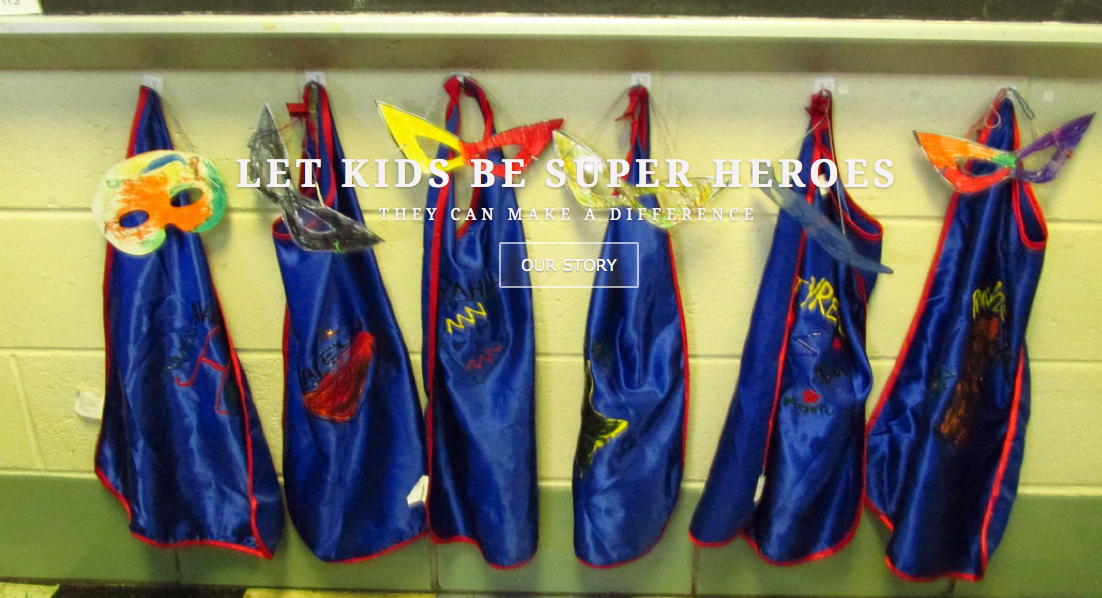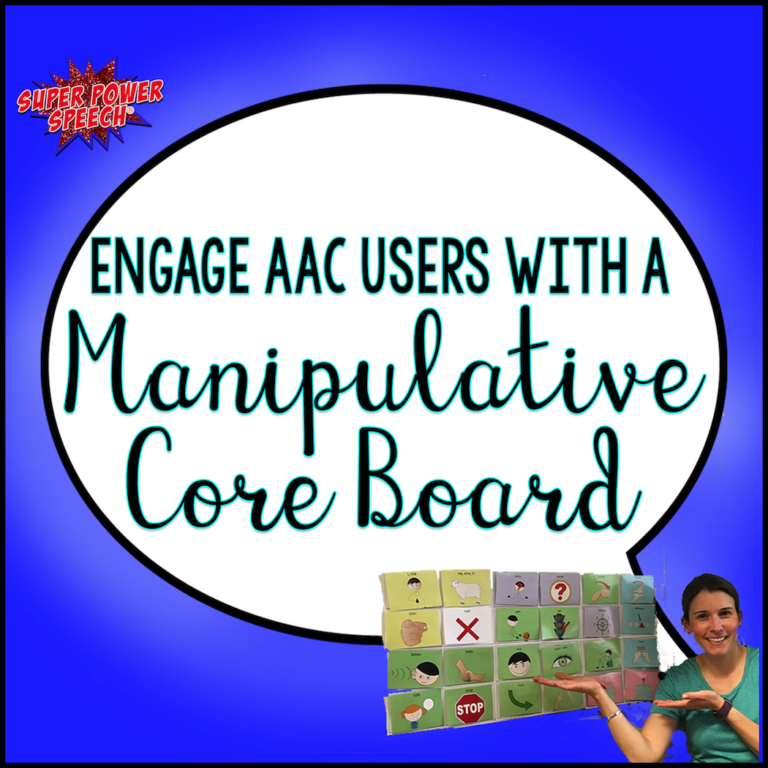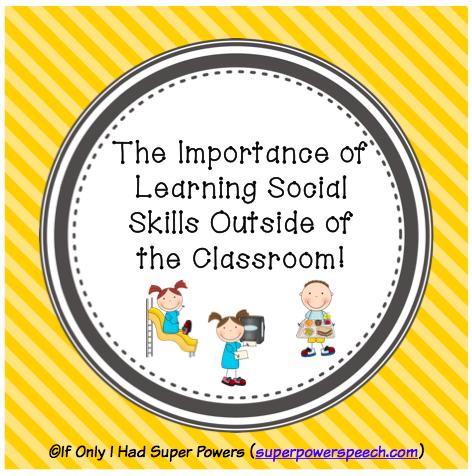SLP Book Club: Neurotribes

Welcome to the SLP Book Club! This book club has been my dream and my baby as an SLP and a bibliophile. I am so excited to find others out there that want to explore new books with me and discuss them in the comfort of your jammies and slippers!
Disclaimer: Amazon affiliate links included
In the last ten years, I have discovered how much I love non-fiction books. In particular, books that make me feel smarter when I have finished them. At the recommendation of one book club member, I read this month’s book and now am telling everyone about it!
Neurotribes
Author: Steve Silberman
Genre: Nonfiction
Summary: This book takes on the impressive task of looking at the history of autism in the last several hundred years of recorded history. Included in this history are the positive and negative “treatments” for the condition and society’s responses to individuals who were different. This book makes us ponder the “cause” of autism and how our world has benefited from neurodiversity.
Overall rating: 5/5
Quotes to ponder:
“The notion that the cure for the most disabling aspects will never be found in a pill, but in supportive communities, is one that parents have been coming to on their own for generations.” (page 17)
“Neurodiversity: the notion that conditions like autism, dyslexia, and attention-deficit/hyperactivity (ADHD) should be regarded as naturally occurring cognitive variations with distinctive strengths that have contributed to the technology and culture rather than mere checklists of deficits and dysfunctions.” (page 16)
Questions (and my answers… please add your answers in the comments):
1 After reading this book, do you feel that there is an autism “epidemic”?
I have never felt that there was an Autism epidemic. I have long felt that genetics were the key to Autism and more recently that “neurodiversity is natural”. I know that with the rise of knowledge about Autism and it’s symptoms, more parents are considering it as a possibility and therefore more diagnoses are being made. I found it particularly interesting that the typo in the DSM-IV could have opened the floodgates for Autism diagnoses.
2. What do you think of Asperger’s report on his patients to the Nazi’s? Was it an effort to protect his research and the lives of his patients?
I definitely wonder if Asperger was completely altruistic in his description of his patients. I would like to think that he was the noble doctor trying to save lives. I also have considered that he wanted to be recognized as someone who could help the very high functioning and savants.
3. What did you learn in this book?
What didn’t I learn in this book!? The history of Autism, especially from hundreds of years ago was fascinating! The work of Asperger during Nazi Germany as well as the eugenics campaign on the Nazi’s was new to me. What was even more sickening, however, was the American agreement with this philosophy and sterilization practices that continued for decades. I found the section on ABA therapy really interesting and would like to do more research on this history of this treatment.
In the comments below, please answer the questions with your thoughts. I can’t wait to hear your thoughts about this book!








Re: Autism epidemic – I also think that we are not experiencing an epidemic. When I started out as an SLP, we identified kids with autism if they had significant, observable behaviors. I think that the numbers shot up as we started to include the kids that were at that point identified as “Asperger’s.” That misprint in the DSM-IV was pretty alarming! (Especially because I don’t remember ever getting notice about that, did you?)
The whole section about the historical treatment of people with developmental delays was devastating and appalling. I was aware of some of it, but his description really brought it to life. The treatment by the Nazis was horrible,
As we struggle with healthcare coverage and educational funding in the US, I have to wonder how many individuals will end up without services. Eugenics and experimentation is crueler, but limiting services to individuals with need for services seems to be pretty cruel, too.
Loved this book – I have been recommending to others.
Yep! It’s been one of my favorite reads of the year and I’ve recommended it to so many! Thanks for participating and sharing your thoughts!
I am still reading the book. I did not realize that it would go into the history of everything and each person in such detail. I am appalled by the treatment of individuals termed “feeble minded”. I feel like I will be more knowledgeable when I discuss autism in my classes and may need to get the book myself so I can use accurate references.